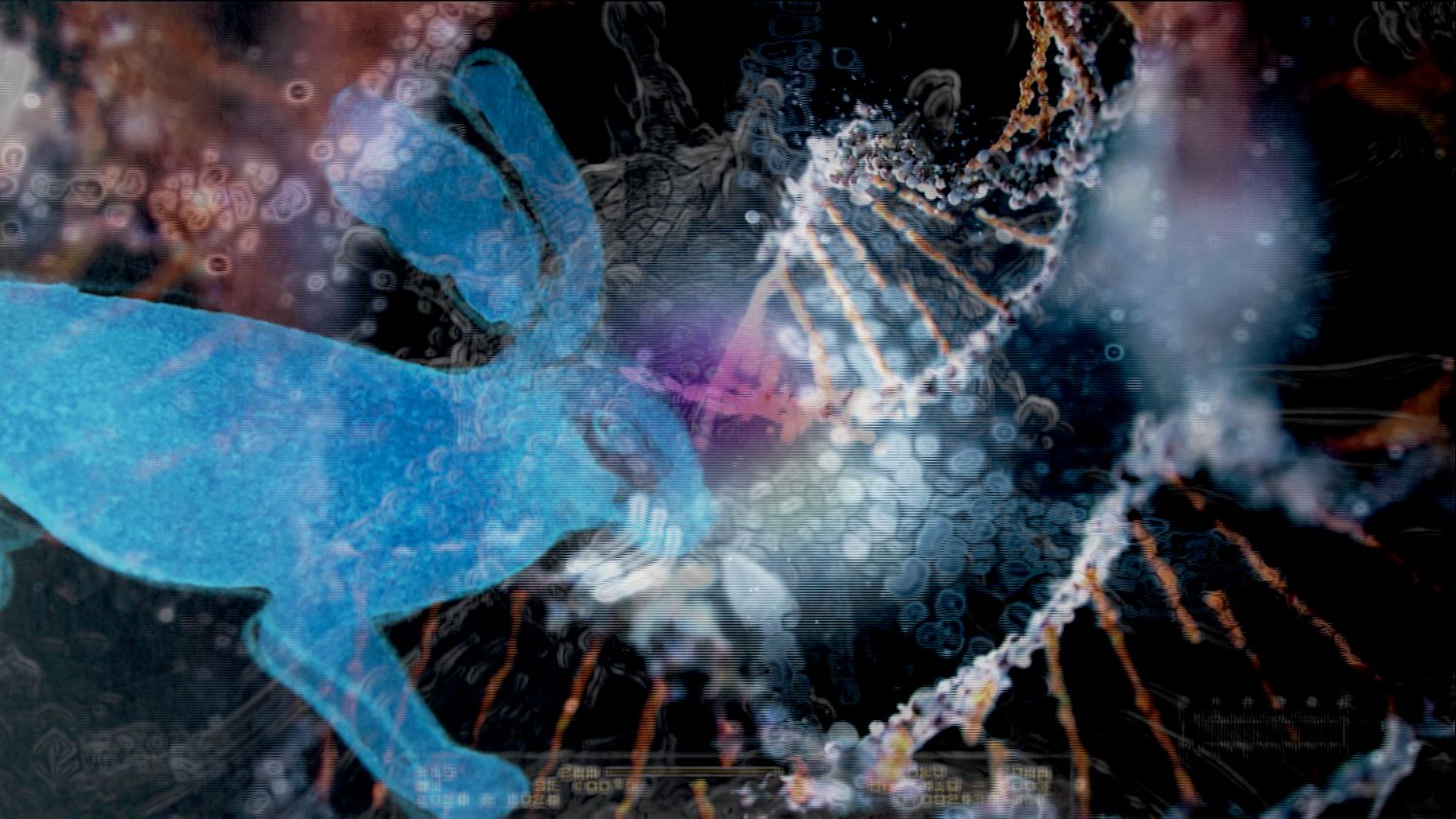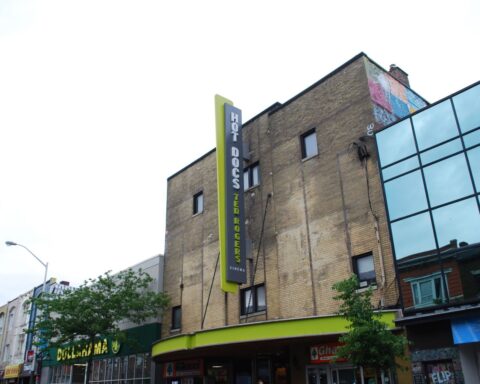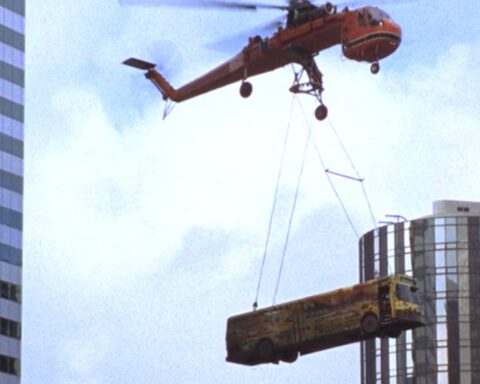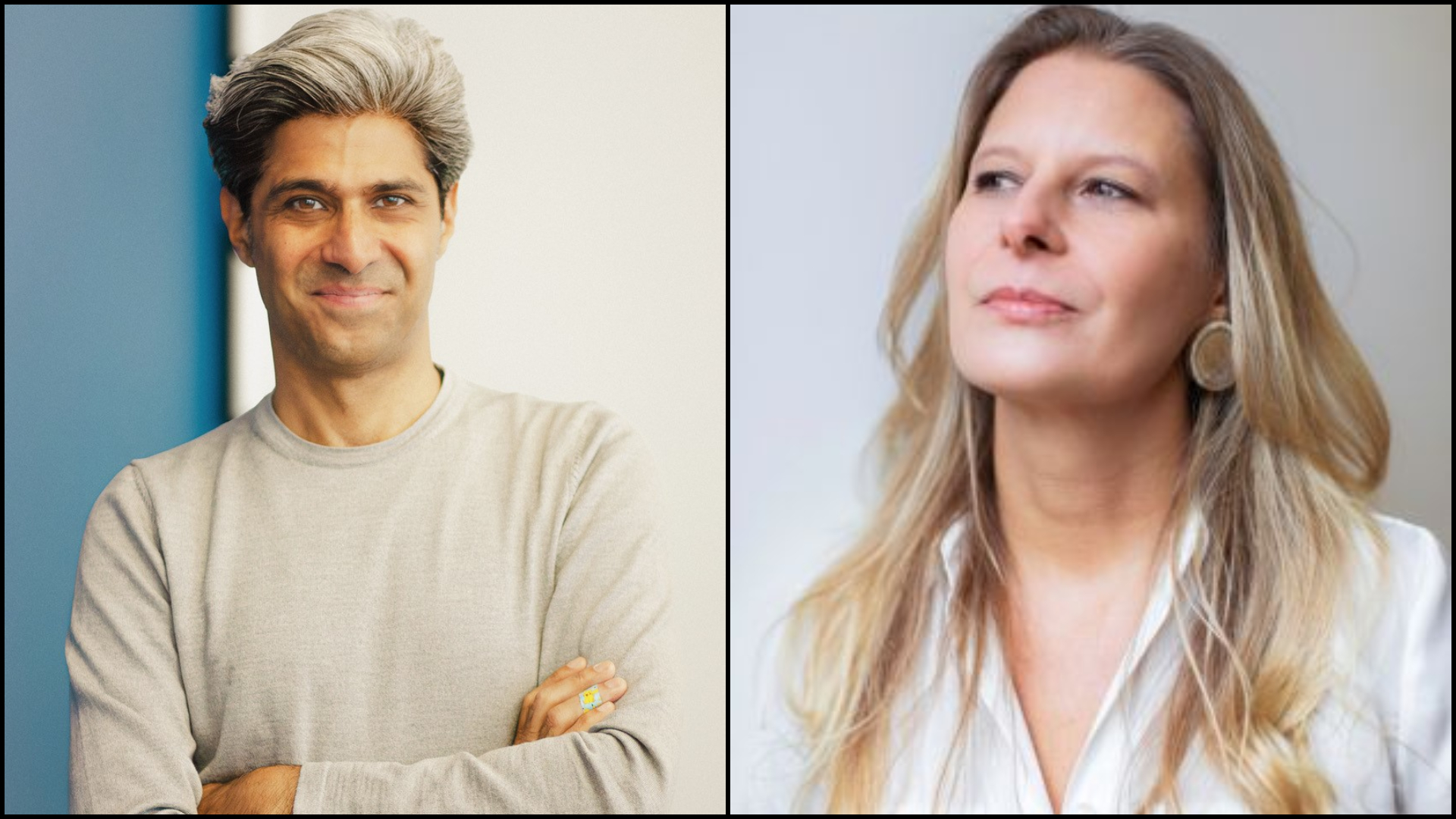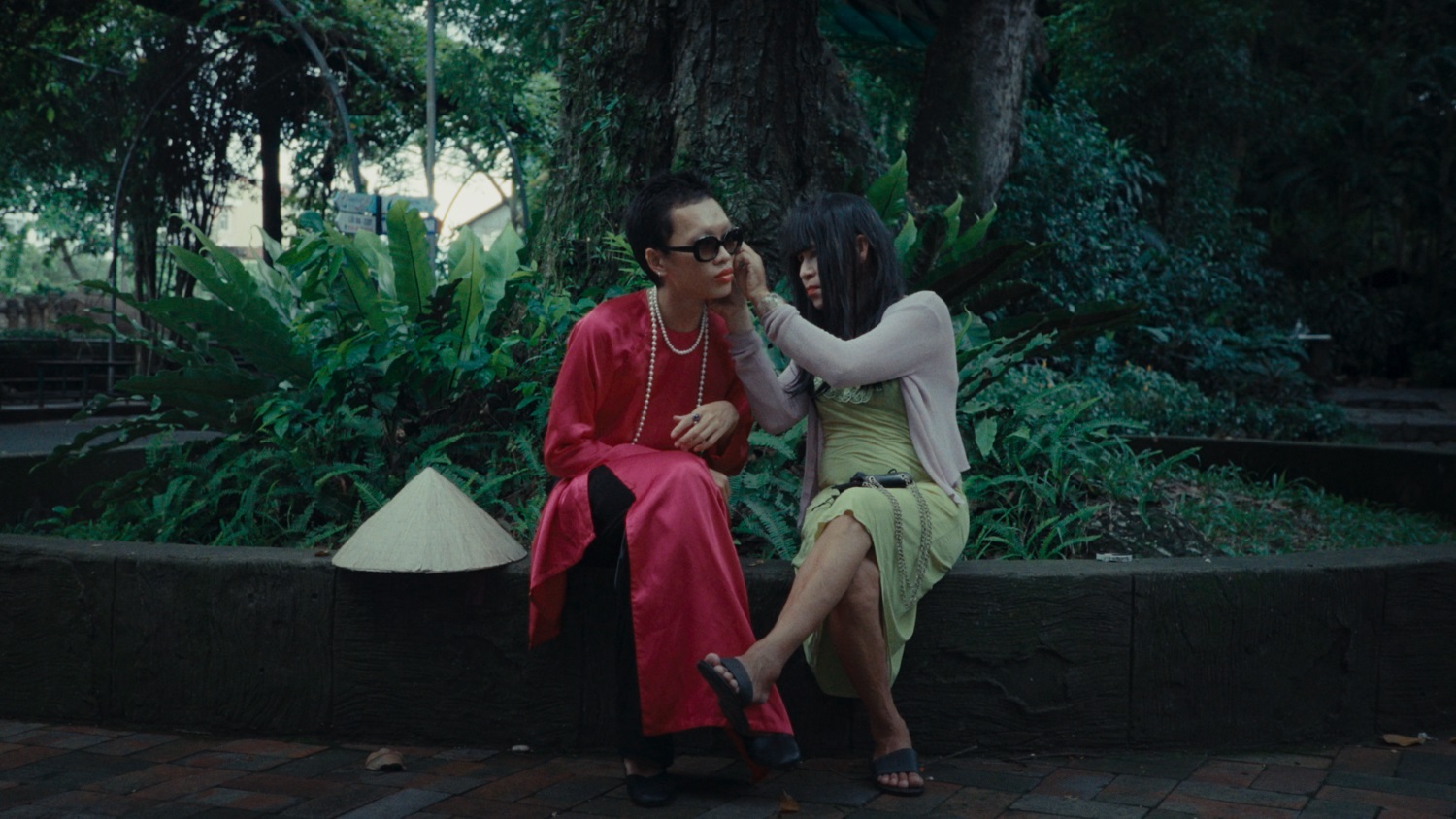In the 26 years since the launch of the Montreal International Documentary Festival (better known as Rencontres internationals du documentaire de Montréal, or RIDM for short) public perception of documentary or non-fiction filmmaking has shifted significantly.
In the ’90s, being a documentary filmmaker meant not getting rich. The late Canadian documentary guru Peter Wintonick used to say that he would take novice doc filmmakers out for a drink in a pub after the premiere of their film and make them take a “vow of poverty.” You won’t get rich doing this, he would warn them, but stick to your guns and the work will be remarkably rewarding.
There was always the exception of Michael Moore, but, since that time, many have managed to make significant sums of money with documentary and non-fiction filmmaking.
There are the obvious examples, like true-crime miniseries on Netflix or Prime, but other films have been breakout successes. This has led to the inevitable tension. Networks and streaming services are expecting a winning formula, leaving many documentary filmmakers with the feeling that there’s no room for innovation or artistry.
Marlene Edoyan, a member of the programming collective of RIDM, acknowledges the tension, but says she hopes audiences and filmmakers can be open to a broad range of styles and forms. “At RIDM, we’ve tended to try to create a space for challenging documentaries. This year, for example, we are seeing far more hybrid films. Many filmmakers are exploring films that are part fiction, part documentary” Edoyan says. But, she’s quick to add, “More commercial projects have their place too. I think RIDM provides an excellent mix of the two. It’s a place where filmmakers with different styles and visions can be brought together.”
If some people are discouraged by commercial pressures, Edoyan is buoyed by the enthusiasm for RIDM. “The pandemic was challenging for cultural events, and especially film festivals. But people are so excited to come back. This is the first year we don’t have to worry so much about back-up scenarios, when things feel fully back to normal.”
Highlights of this year’s RIDM
With Mambar Pierette, Cameroonian filmmaker Rosine Mbakam moves beyond her previous documentary films and offers a doc-fiction hybrid. Through the dramatized life of her cousin, Mbakam shows us the challenges faced by a working woman in her home country. Shot in the style of an observational doc, we see the town dressmaker working to support her family as a single parent. She’s busy because she’s so good at what she does, and the film offers hope that she will manage to thrive due to her success as a local businesswoman. But heavy rainfalls soon set in, and Pierrette’s business is imperilled. The film shows us Pierrette’s considerable strength and resolve in the face of numerous obstacles. Mambar Pierrette screened as part of the Director’s Fortnight at Cannes and TIFF’s Wavelengths, and it’s a wonder to behold: a stoic, unblinking look at one woman’s determination to provide for herself and her children.
Quebec filmmaker Julien Elie’s La garde blanche takes us into the shifting agrarian landscape of Mexico. The film’s stunning beauty belies the challenges the local farmers face. Large, faceless corporations are moving in and buying up huge swaths of land and then cordoning them off as they see fit, erecting barbed-wire fences around previously open forests, rivers, and pathways. These new barriers are not cleared with the locals and in many cases seem arbitrary. Elie, once a child actor who appeared in the legendary 1984 Quebec kids’ comedy La guerre des tuques (The Dog Who Stopped the War), has created a wrenching film that shows us an uncomfortable and avoidable outcome of greed and indifference. La garde blanche is a worthy follow-up to Elie’s 2018 Soleil noirs, a landmark investigative doc which explored the horror of numerous unsolved murders in Mexico. The connections between organized crime and corporate malfeasance are unmistakable.
Swiss–Canadian cinematographer and filmmaker Peter Mettler returns with While the Green Grass Grows, his meditation on the passage of time and the death of his parents. If the feminist mantra is that the personal is political, Mettler’s is that nature is deeply personal. It joins his incredible body of work, which includes Picture of Light (1994), Gambling, Gods and LSD (2002), The End of Time (2012), and my personal favourite Petropolis (2009), his gasp-inducing, methodical capturing of the mammoth Alberta tar sands excavations, all shot from a helicopter high in the air.
With While the Green Grass Grows, Mettler again fuses the personal with natural phenomena. Not surprisingly, Mettler began the film with no TV station or distributor set up; this allowed the filmmaker to go completely free-form, to improvise and not worry about any possible constraints. The results are remarkable, deeply contemplative, hyperemotional, and elegiac. The film began as a diary of sorts, shot from 2019 to 2021, a seven-episode contemplation of life after the death of the people who brought us life. Mettler has edited the film down to 166 minutes; it is to his great credit that the running time seems to pass by so—well—naturally that I felt mesmerized. While the Green Grass Grows received well-earned recognition in April when it won the Grand Prix of the International Feature Film Competition at the 54th edition of Visions du Réel in Nyon, Switzerland. The film will prove one of the highlights of RIDM 2023.
Spotlight: Bidayyat for Audiovidual Arts
The RIDM has brought back a popular section to the festival, one that highlights work from a national cinema. This year, the Syrian non-profit organization Bidayyat for Audiovisual Arts celebrates a decade of work recording what has been happening in that tragedy-stricken country through documentaries and experimental films. Seven films will be included in this spotlight, including In Fields or Words: Conversations with Samar Yazbeck (2022), a dialogue with the famed Syrian writer-in-exile in which she ponders philosophical questions about cinema and art in the face of existential crises such as war. It’s an intense, thought-provoking conversation with this brilliant author. In Still Recording (2018), directors Saeed Al Batal and Ghiath Ayoub follow two art students who live in Douma, a war-torn suburb of Damascus. The film is edited from over 500 hours of footage. It is, in a word, devastating: The two students try to remain somewhat idealistic in a place ravaged by war, where they engage in armed struggle and face down hunger. And Abdallah Al-Khatib shows us life within Yarmouk, once the world’s largest Palestinian refugee camp before its occupation by ISIL and subsequent decimation under a siege led by the Syrian government and allied forces, in Little Palestine, Diary of a Siege (2021). Given that we are in the worst refugee crisis since the end of WWII, this revelatory film demands to be seen.




